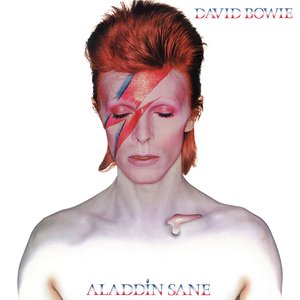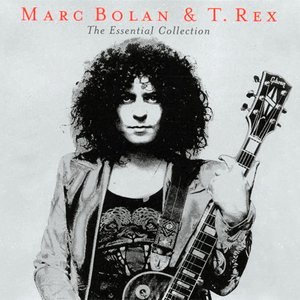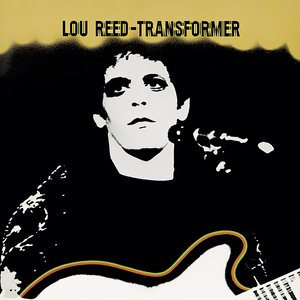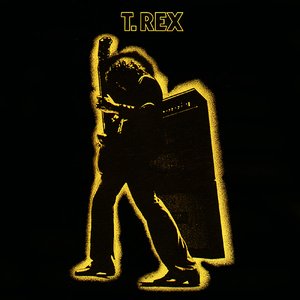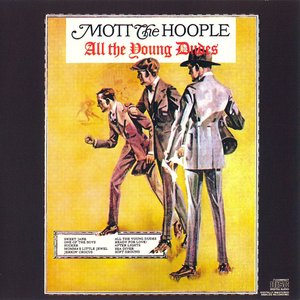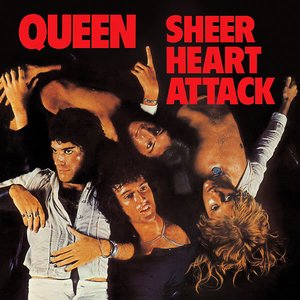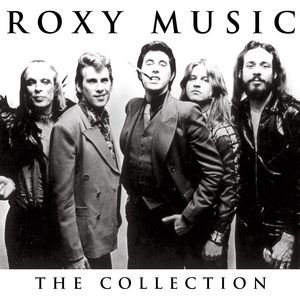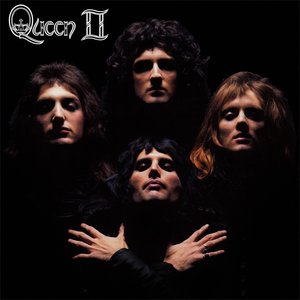Wiki
-
Length
4:05
"Panic in Detroit" is a song written by English singer-songwriter David Bowie for the album Aladdin Sane in 1973. Bowie based it on friend Iggy Pop's descriptions of revolutionaries he had known in Michigan and Pop's experiences during the 1967 Detroit riots. Rolling Stone magazine called the track "a paranoid descendant of the Motor City's earlier masterpiece, Martha and the Vandellas' "Nowhere to Run"".
In 2003, Rolling Stone magazine printed its list of "The 100 Greatest Guitarists of All Time". Mick Ronson was ranked at number 64, and "Panic in Detroit" as his "essential recording".
Recording
David Bowie was launched to stardom through the release of The Rise and Fall of Ziggy Stardust and the Spiders from Mars and his performance of "Starman" on the BBC television programme Top of the Pops in early July 1972. To support the album, Bowie embarked on the Ziggy Stardust Tour in both the UK and the US. He composed most of the tracks for the follow-up record on the road during the US tour in late 1972. Because of this, many of the tracks were influenced by America, and his perceptions of the country.
"Panic in Detroit" was written based on friend Iggy Pop's descriptions of revolutionaries he had known in Michigan, Pop's experiences during the 1967 Detroit riots and the rise of the White Panther Party, specifically their leader John Sinclair. "Panic in Detroit" was recorded at London's Trident Studios in January 1973, following the conclusion of the American tour and a series of Christmas concerts in England and Scotland. Like the rest of its parent album, the song was co-produced by Bowie and Ken Scott and featured Bowie's backing band the Spiders from Mars—guitarist Mick Ronson, bassist Trevor Bolder and drummer Woody Woodmansey—with backing vocals from Linda Lewis and Juanita Franklin.
A dispute arose between Bowie and Woodmansey during the recording, wherein the latter refused to play the former's desired Bo Diddley drum figure, reportedly arguing it was "too obvious". The drummer instead played sixteenth notes on his tom-toms, with crash cymbals on the chorus phrases. Bowie's friend Geoff MacCormack eventually added congas and maracas that achieved the effect. Biographer Nicholas Pegg says that the disagreement contributed to growing dissent between the singer and drummer, eventually leading to Woodmansey's firing later in the year.
Music and lyrics
Musically "Panic in Detroit" has been described as a "Salsa variation on the Bo Diddley beat"; Pegg considers Ronson's guitar part very "bluesy". The lyrics namecheck Che Guevara and are also said to contain references to John Sinclair of the White Panther Party. Bowie compared the ideas of Sinclair to the rebel martyr Che Guevara for the narrator in "Panic in Detroit". The lyrics are very dark, featuring images of urban decay, violence, drugs, emotional isolation and suicide, adding to the album's overarching theme of alienation. Author Peter Doggett finds a thematic link between the song and Bob Dylan's "All Along the Watchtower", which "used a similar three-chord riff to underpin its apocalypse".
Track descriptions on Last.fm are editable by everyone. Feel free to contribute!
All user-contributed text on this page is available under the Creative Commons Attribution-ShareAlike License; additional terms may apply.

